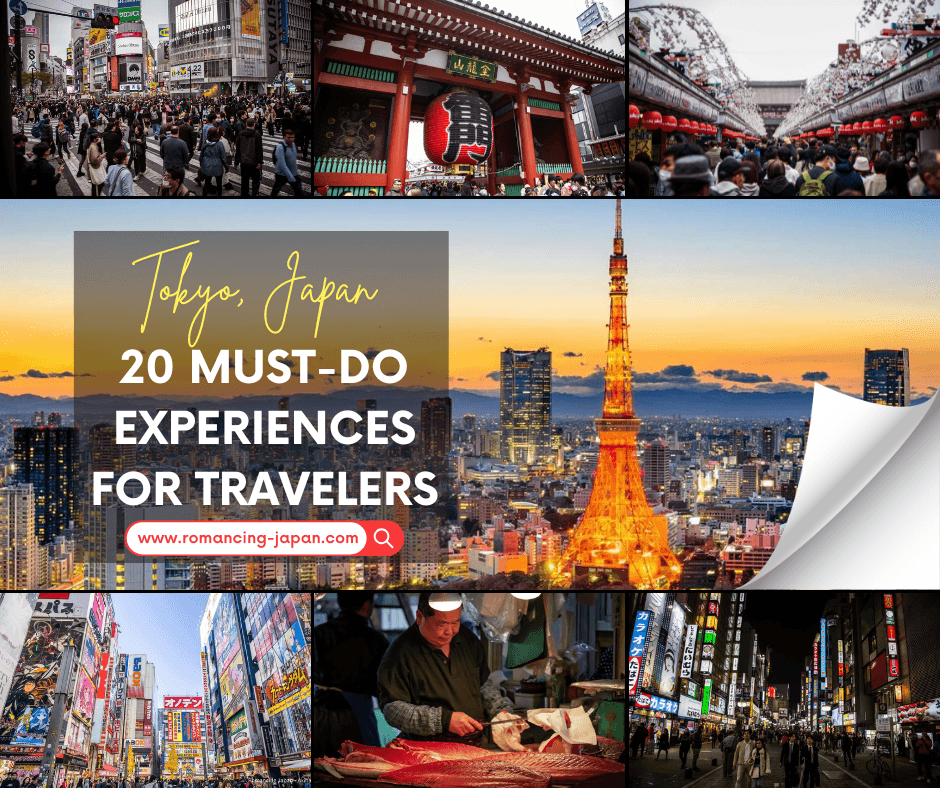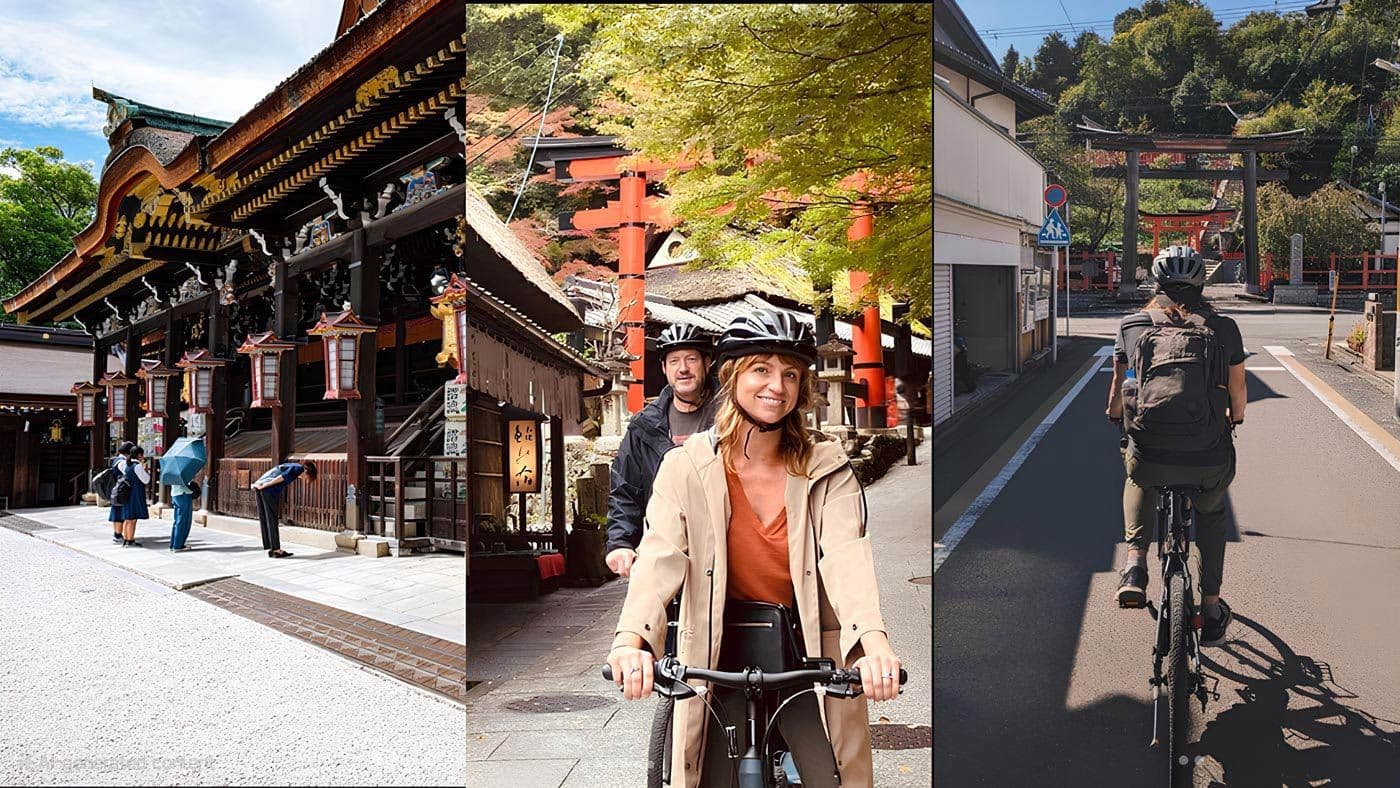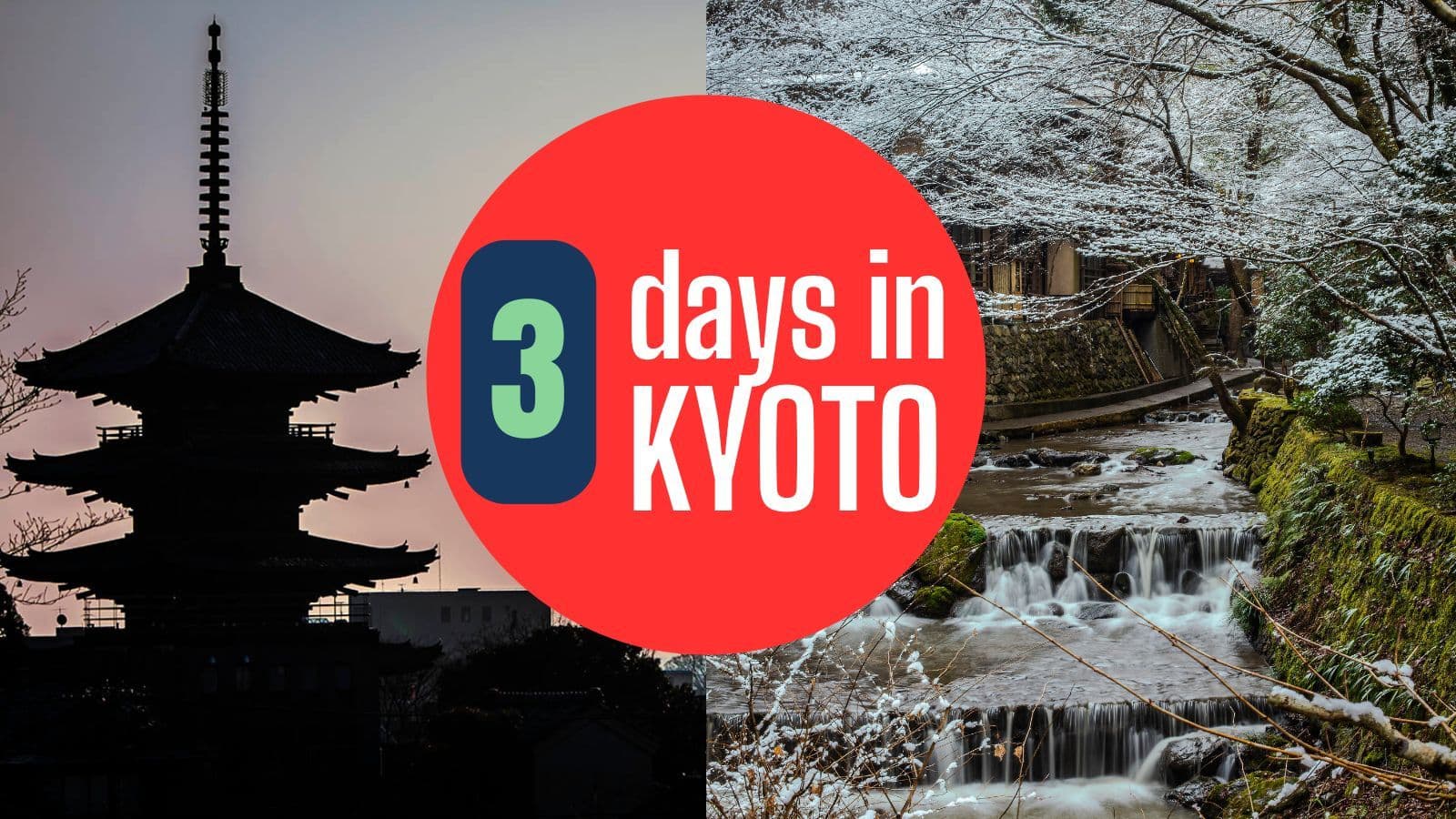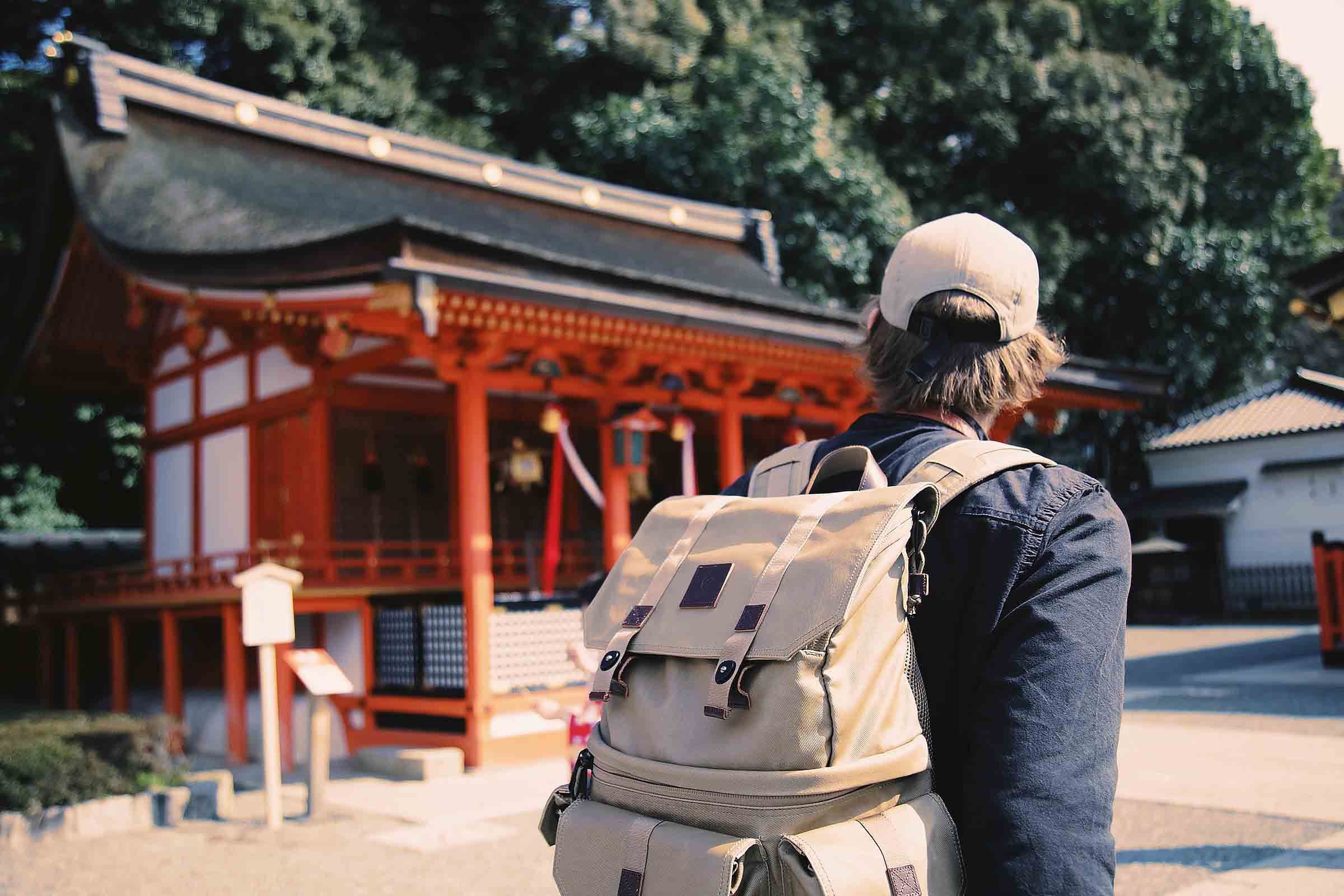
A Guide to Renting in Japan: Mastering Japanese Real Estate
James Saunders-Wyndham

James Saunders-Wyndham
Table of contents:
If you are planning to live in Japan, you are most likely looking to rent a place to live. Renting in Japan can be a scary experience for foreigners who are new to the country. But with the right information, looking for a place to rent in Japan will become less daunting.
If you are planning to move to Japan, this article is for you. Here, we cover critical steps regarding the rental application process for living in Japan.
This guide aims to educate about:
This article DOES NOT cover different types of Japanese property. If you want to learn about Japanese property, check out our following articles:

The average rent in Japan is 61,367円(yen). While this average rent price represents Western Japan (Osaka, Kyoto, Kobe, Nara) accurately, Tokyo rent prices are an outlier. Tokyo rent prices are much higher because both the population and average salaries are much higher than the rest of the country.
| Area by Prefecture | Average Japanese Rent for August 2024 |
| Tokyo | ¥78,596 ($544.61 USD) |
| Saitama | ¥62,278 ($431.48 USD) |
| Hyogo | ¥61,885 ($428.74 USD) |
| Osaka | ¥62,656 ($434.04 USD) |
| Fukuoka | ¥60,444 ($418.76 USD) |
| Kyoto | ¥58,550 ($405.64 USD) |
| Aichi | ¥57,480 ($398.22 USD) |
| Nara | ¥54,099 ($374.81 USD) |
| Hiroshima | ¥55,741 ($386.19 USD) |
| Okinawa | ¥55,163 ($382.21 USD) |
| Hokkaido | ¥49,796 ($345.02 USD) |
| Aomori | ¥47,721 ($330.64 USD) |
Rental data sourced from 全国賃貸管理ビジネス協会 (National Rental Management Business Association). Exchange rates were sourced from XE on 2024/08/24.


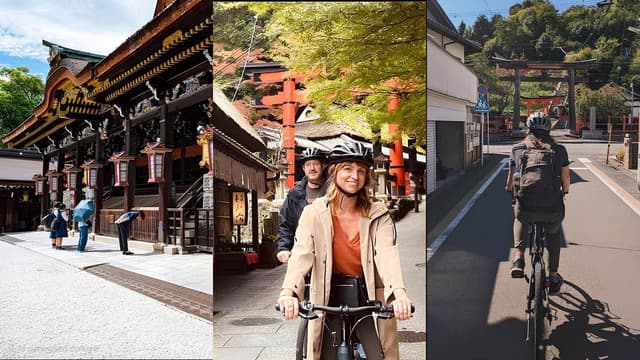
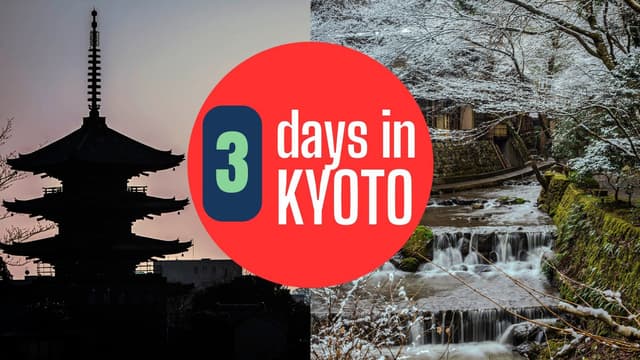

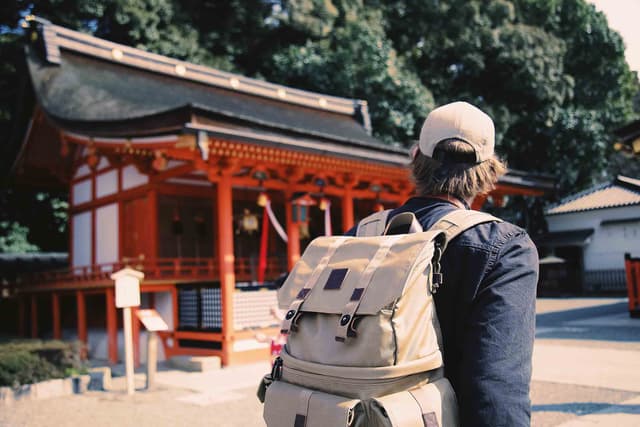

Securing a Japanese apartment or house can be a challenging and expensive task. When moving to Japan and finding rental housing, you should be aware of various costs that you might have to pay before you move in.
Key money, also known as "礼金" in Japanese, is a fee that tenants are required to pay to the property owner when signing a lease agreement. This fee is not returned to the tenant. Generally, the amount of key money required is equivalent to one to two months' rent. It serves as a form of upfront payment to secure the rental property.
You must clean up the room and fix anything that got broken while you were there. Most of the time, the landlord will return the security deposit if you don't break anything on purpose or by chance when you move out. But they might take cleaning costs out of it.
The renewal fee is a non-refundable charge. The property owner decides on this fee two years after the start of a contract.. This fee can cost between one to two months' rent. It is an additional expense that tenants need to think about when extending their lease agreement.
A brokerage fee (仲介手数料) is a cost that is usually the same as one month's rent, plus a 10% tax. The renter usually has to pay this fee, and it goes to the real estate company. This fee is important because it pays for the services the real estate company provides to help with the rental process.
The renter pays a fee to a guarantor company. Landlords typically ask tenants to pay between 50% and 100% of a month's rent as a deposit. Then, the guarantor company will require a fee of 10,000 yen at the time of contract renewal, either 1 or 2 years later.

A Japanese rental guarantor is someone who promises to pay the rent if the tenant can't. This person or company makes sure the tenant follows all the rental rules, like paying rent on time and fixing any damage. It is a guarantee for the real estate agent that all costs will be paid for, no matter what happens.
For Japanese renters, when they need a rental guarantor, they usually to their parents or grandparents, or even employer, to sign up. Some landlords may have specific criteria for rental guarantors, such as being a Japanese citizen or having a certain income level. However, many foreign residents in Japan may not have these options available to them. Therefore, in this case foreign residents can turn to a rental guarantor company.
Some real estate companies offer rental properties that don’t require a guarantor. However, these rental properties may be more expensive than other Japanese rental buildings. Some of the following companies do not require a guarantor:

When applying for housing in Japan, foreigners need to show important documents to prove who they are and that they can pay for the rent.
The rental application process includes a careful background check by landlords. This screening assesses several criteria:
Landlords also consider the applicant's ability to communicate effectively. Managing companies need to coordinate with tenants for maintenance and neighborhood issues.
Understanding these aspects of the rental application process is important for those moving to Japan. Providing a clearer pathway through the complexities of the Japanese rental process.
Yes, foreigners can rent apartments in Japan. However, some landlords may be hesitant due to language barriers or cultural differences. Some property owners will specify that they don't want to lease to foreign tenants. My advise is to use a real estate agency that caters to foreigners to make the process easier.
Rent in Japan varies by location. In Tokyo, you can pay ¥50,000–¥150,000 for a small apartment. In smaller cities or rural areas, rent is usually cheaper, around ¥30,000–¥70,000.
Rent in Japan is generally cheaper than in the US, especially in rural areas or smaller cities. However, rent in large cities like Tokyo can be comparable to or even higher than some major US cities.
Yes, most rental contracts in Japan require a guarantor, someone who promises to pay if you cannot. Some Japanese companies will act as a guarantor for their employees. If you have a Japanese partner, their parent may act as a guarantor. However, many foreigners new to Japan use guarantor companies, which charge a fee for their service.
In Japan, you often need to pay key money, a deposit, agency fees, and the first month’s rent when signing a lease. These upfront costs can add up to several months’ worth of rent, so it’s important to budget for them.
Loading Comments...

I've been immersed in Japanese culture and daily life for over 30 years and am proud to call Japan my home. Originally from Australia, my journey has taken me from teaching at Japanese universities to traveling extensively across the country, uncovering its hidden gems. As a web developer, I built Romancing Japan from the ground up to share these experiences with you. Whether it's the charm of old Kyoto, the pulse of Tokyo, or the tranquility of the countryside, I love helping others discover the magic of Japan—one story at a time.
